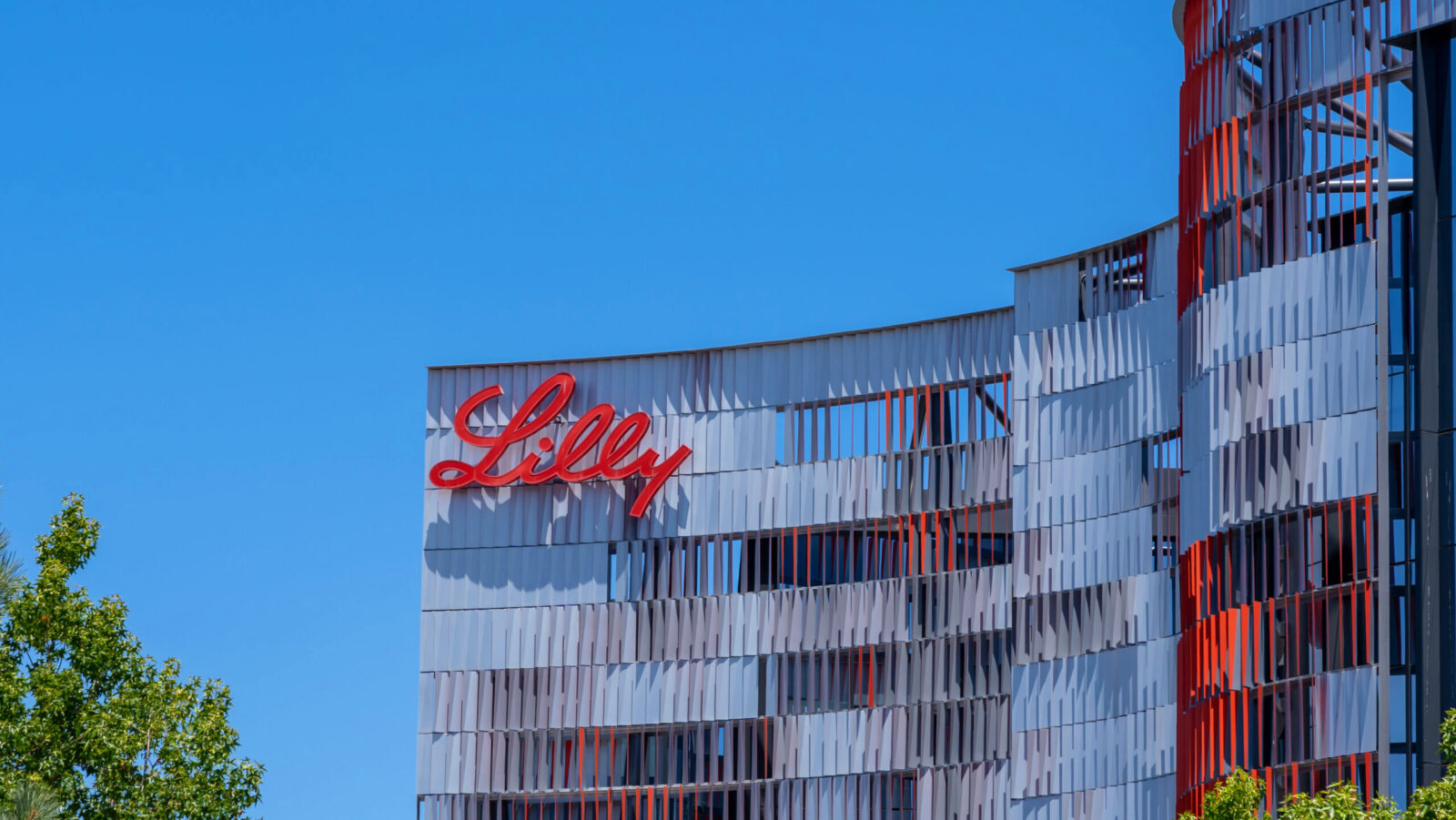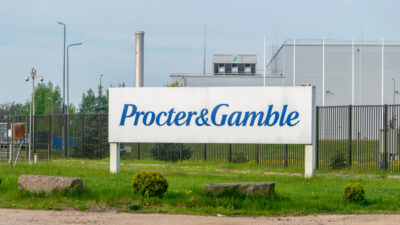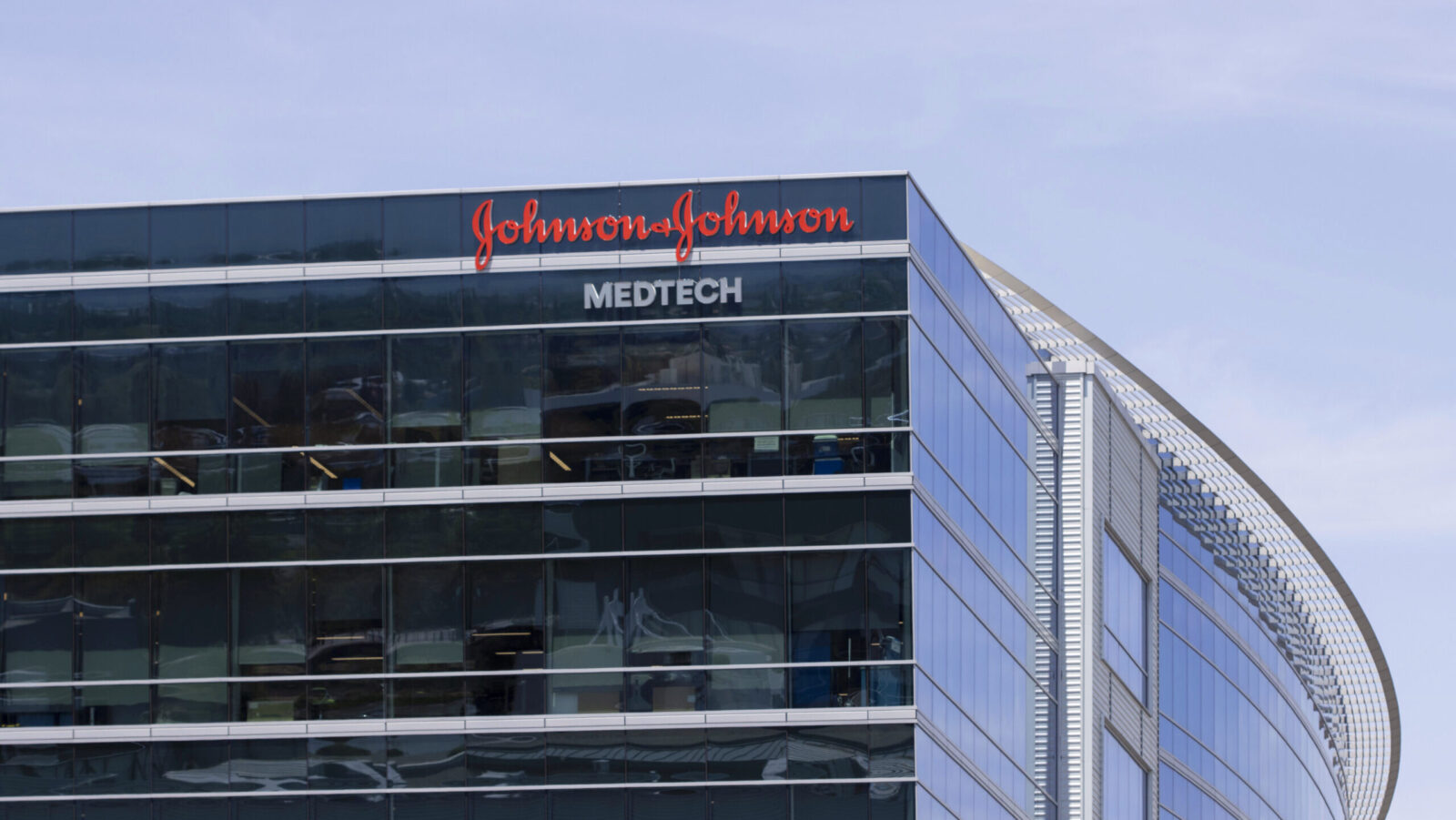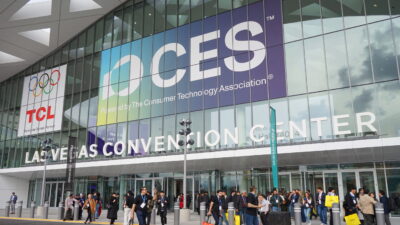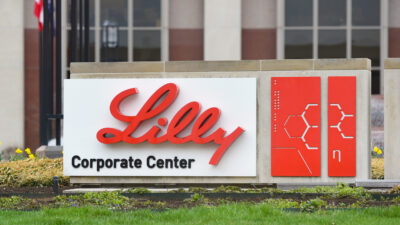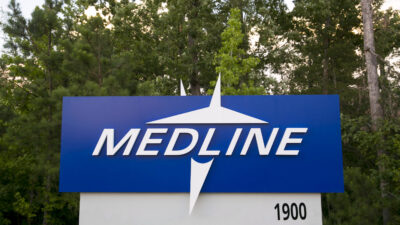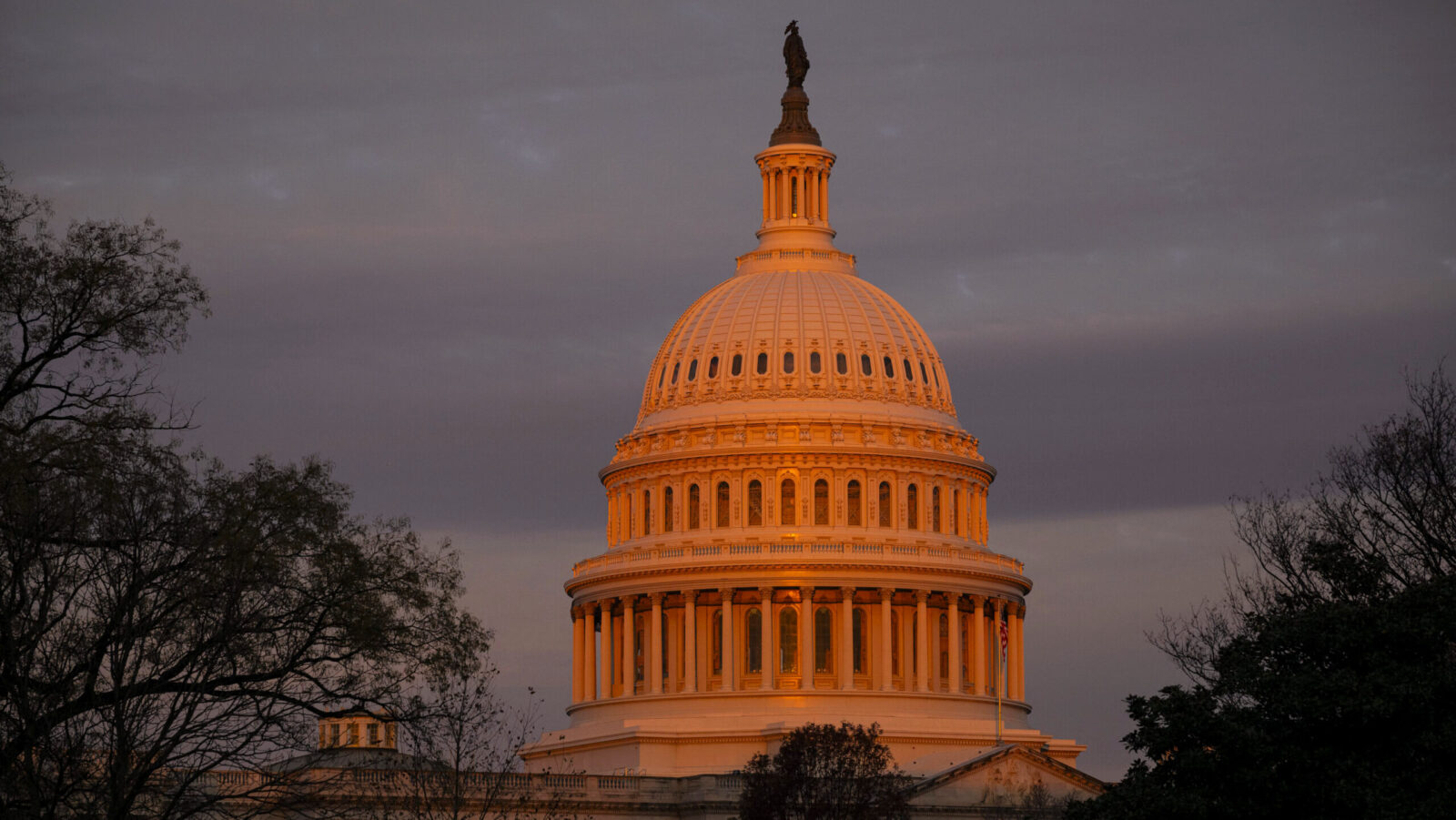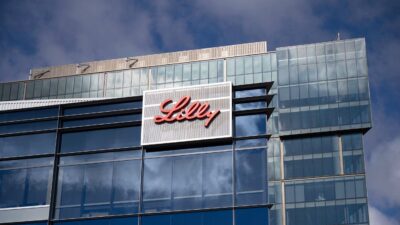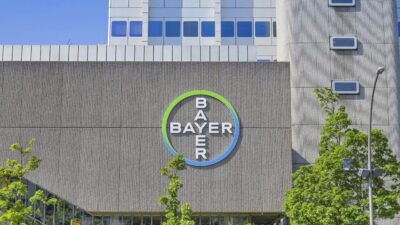Johnson & Johnson Buys Prostate Cancer Treatment-Maker Halda for $3.1 Billion
J&J this year lost its patent exclusivity for Stelara, its longtime top-selling drug that treats psoriasis and inflammatory bowel disease.

Sign up for smart news, insights, and analysis on the biggest financial stories of the day.
Johnson & Johnson has had the year 2025 circled, highlighted, bolded and underlined on its calendar for a long time. Why? Because patent exclusivity for Stelara, its longtime top-selling drug that treats psoriasis and inflammatory bowel disease, expired this year, allowing so-called “biosimilars” to hit the market.
In turn, the company has embraced acquisitions to keep its pipeline flowing. On Monday, it announced an agreement to pay $3.1 billion for Halda Therapeutics, a company specializing in prostate cancer treatments.
Halda Phone
In its third-quarter earnings statement last month, J&J said that sales of Stelara had plummeted 41% year-over-year to $1.5 billion worldwide. But the company defied expectations, as overall sales continue to climb. “No other healthcare company has grown through the loss of exclusivity of a multibillion-dollar product in the first year,” CEO Joaquin Duato said during an earnings call this summer.
And now, like its big biotech peers, J&J is doubling down on M&A to shore up its pipeline:
- “[The Halda] acquisition further strengthens our deep oncology pipeline with an exciting lead asset in prostate cancer and a platform capable of treating multiple cancers and diseases beyond oncology,” Jennifer Taubert, worldwide chairman for J&J’s innovative medicine division, said in a statement Monday. Halda’s pipeline complements J&J’s existing oncology portfolio, which generated more than $6 billion in global sales in its most recent quarter.
- In addition to Halda, J&J acquired neuroscience drug developer Intra-Cellular Therapies for $14.6 billion in January. It remains one of the blockbuster moves of the year, along with last week’s $9.2 billion acquisition of flu treatment company Cidara by Merck, and Pfizer’s $10 billion purchase of obesity drugmaker Metsera.
Chip Dip: The loss of Stelara wasn’t the only headwind slamming J&J this year. Like the rest of the industry, the company grappled with an onslaught of tariffs imposed by President Donald Trump. But even that gale-force headwind seems to be fading: Last month, the administration struck tariff-exemption deals with Pfizer and AstraZeneca. The news, along with this year’s dealmaking boom, has stoked significant investor interest in the biotech sector. State Street’s SPDR S&P Biotech ETF has climbed about 26% since the start of September, while the overall S&P 500 has risen just 4%. Our diagnosis? Bubble or not, there’s some comfort to be had outside the AI boom.
